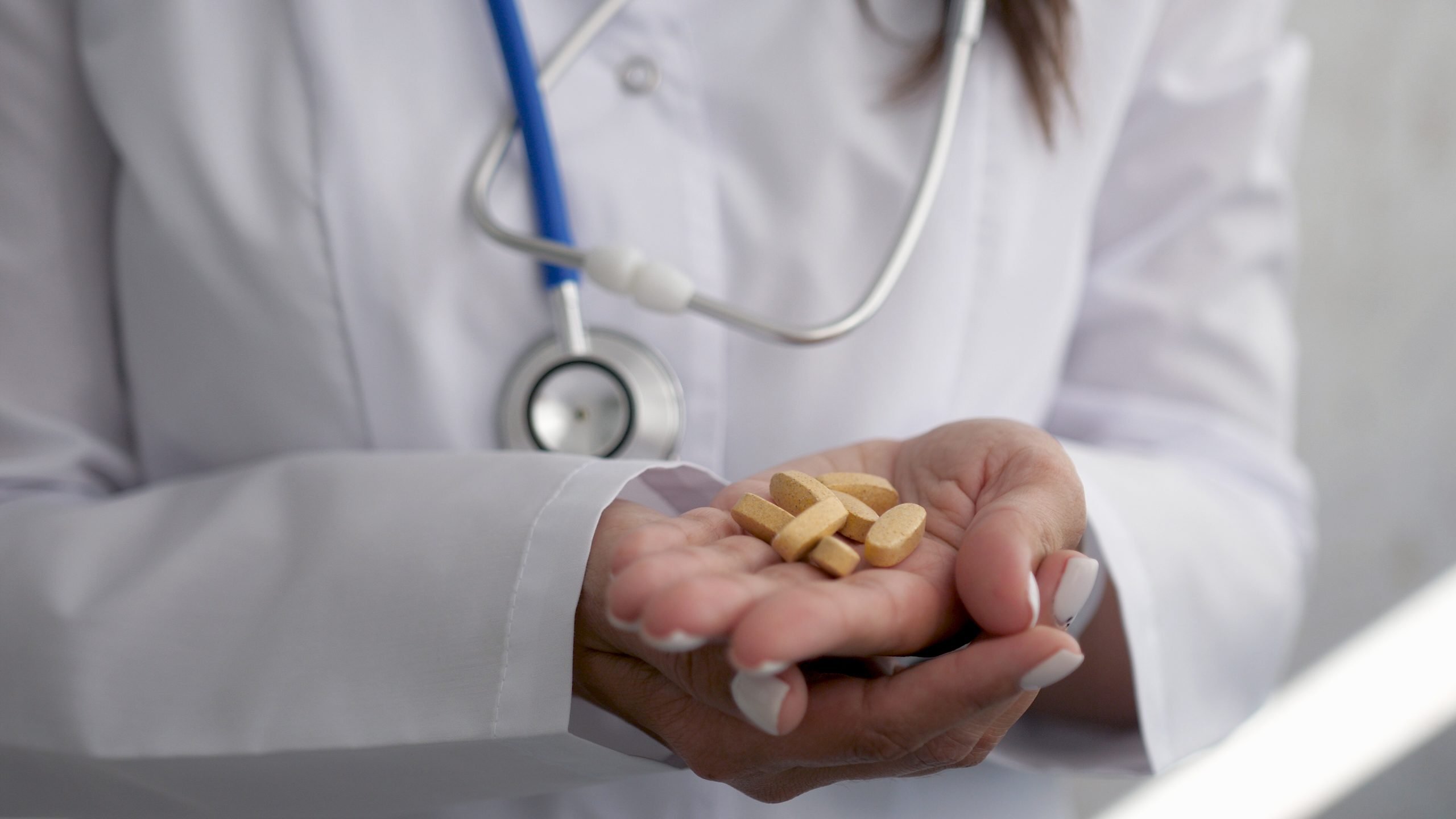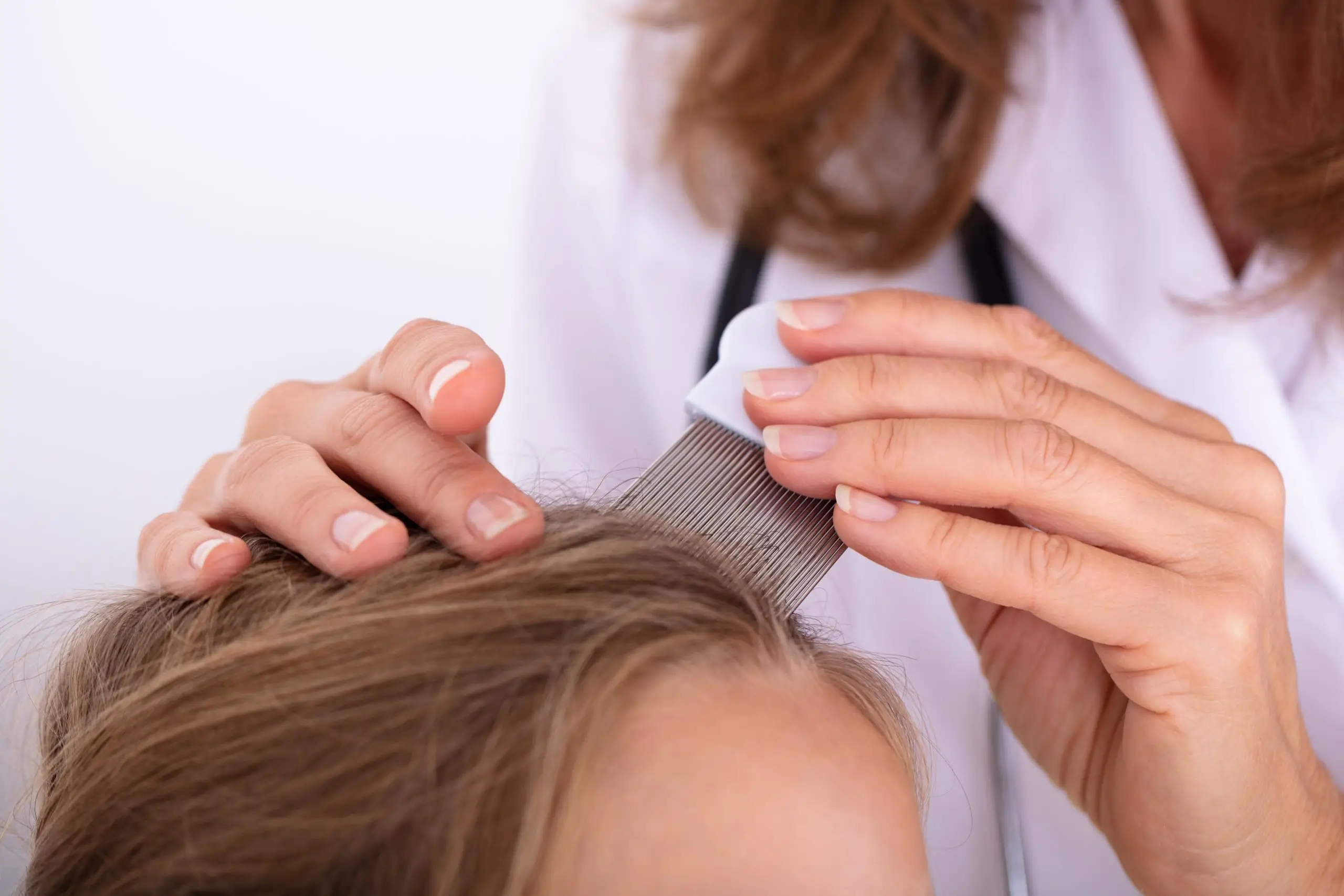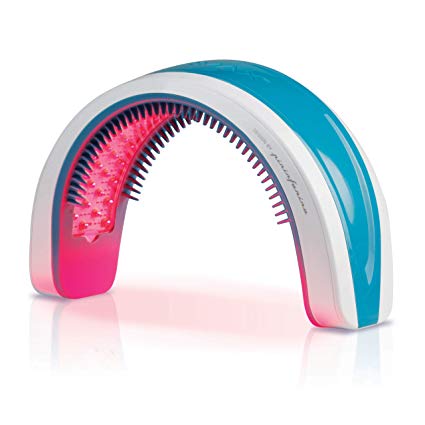
Page Contents
A lot of people associate the appearance of hair with their state of health. There might be good reason. The hair requires certain nutrients to grow. This is why several nutritional deficiencies have been associated with hair loss and other hair conditions.
Apart from nutritional deficiencies, several factors have been linked to hair loss. These includes genetics, gender, and even age. Although nutritional deficiency can still play a role in these conditions.
Essential Nutrients for Hair Growth
There are several essential nutrients when it comes to hair growth and development. They include:
Protein
One of the key elements of hair is keratin. Keratin is a hardened protein. When protein levels are low, your hair can grow weaker. This is why it’s essential to have protein in your meals.
Biotin
Biotin is another essential nutrient. It’s been shown as part of the hair growth process. Biotin interacts with enzymes of the cell to form proteins.
Iron
Hair follicles receive oxygen for nourishment through the iron found in red blood cells. This is why even when iron levels might be considered normal, there’s still the possibility that you might not have enough iron reserve in the body. This deficiency can slow or halt growth.
Omega-3 Fatty Acids
Omega 3 fatty acids are found in the scalp. They’re highly involved in the process of hydration. If you get enough essential fatty acids, you can prevent a dry scalp. This helps keep your scalp healthier, and allows your hair to grow normally.
Water
A lot of people might not believe it, but water is part of the major compounds required for hair growth and development. It’s vital to get enough moisture as water is needed to avoid dryness and breakage of the hair. Staying hydrated goes a long way in hair maintenance.
Vitamins in Hair Growth
Like other minerals, vitamins are involved in hair growth and development. Hair loss can occur when there’s a deficiency.
For instance, Vitamins B6, B12, and folate are involved in the formation of red blood cells. Why is this important? Red blood cells carry oxygen and nutrients to all the cells of the body, including hair follicles. Not getting enough of these vitamins can cause poor nutrition. This in turn makes the hair prone to shedding or breakage. In some cases, it can slow growth.
Vitamin C and Zinc are also crucial nutrients to your hair. Zinc strengthens hair follicles and helps prevent loss.
Here are a couple of vital Vitamins and how they directly impact hair growth and loss.

Vitamin A
All the cells of the body require Vitamin A to grow. Being the fastest growing tissue in the body, hair is also part of this. Vitamin A is involved in the production of sebum. Sebum helps moisturize the scalp and maintain healthy hair. Therefore, diets deficient in Vitamin A would most likely lead to several conditions, hair loss included.
On the other hand, while vitamin A is essential, excess of the vitamin can also lead to undesired effects. Studies have shown that excess vitamin A can also lead to hair loss.
There are a lot of nutritional sources of vitamin A; milk, eggs, yogurt, and certain vegetables. Cod liver oil, in particular, is a good source of vitamin A.
So as much as possible, try to include food rich in vitamin A in your meal plan.
B-Vitamins
B-Vitamins are another important class of vitamins involved in hair growth. Biotin, in particular, is the B-vitamin associated with hair growth. Already, there are several studies that have linked biotin deficiency with hair loss. As a matter of fact, Biotin is currently used as an alternative treatment for hair loss. Although the best results were obtained in those, who are deficient in the vitamin.
The deficiency of Biotin isn’t a common condition though, largely because the vitamin is present in a wide range of foods. There’s also not enough scientific information on the effectiveness of Biotin for hair growth in healthy people.
Apart from Biotin, other B-Vitamins are involved in the formation of red blood cells. Red blood cells carry oxygen and essential nutrients to the scalp. This process is crucial for hair growth.
B-vitamins can also be obtained from several foods, which include whole grains, seafood, leafy vegetables, and a number of other foods. Vitamin B12 is primarily obtained from animal foods, so it’s recommended for vegetarians to consider supplements to get enough of these vitamins.
Vitamin C
If there’s more than a normal amount of free radicals in the body, this can lead to the blockage of hair growth. Vitamin C is a highly active antioxidant that can help remove these radicals from your body, thereby preventing hair loss.
Vitamin C is also required for the formation of collagen, a protein in the body. It’s an important protein in human hair. Vitamin C aids the body with the absorption of iron, which is also essential in hair growth.
Vitamin C can be obtained from fruits and vegetables. It can also be obtained as supplements.
Vitamin D
Low levels of vitamin D in the body has also been linked to hair loss (alopecia). Scientific studies have also shown that vitamin D is involved in the process of creating new hair follicles. However, apart from this, the direct role of vitamin D on hair growth is not exactly known. A certain type of hair loss has, however, been linked to the deficiency of vitamin D.
Vitamin E
Also, just like vitamin C, Vitamin E is an antioxidant that can help prevent oxidative stress. This is why its deficiency can also cause hair loss. Interestingly, several studies have already shown an increase in hair growth after supplementing with vitamin E over time.
Vitamin E can also be obtained from several leafy vegetables like spinach. It can also be obtained from almonds and avocados. There are also vitamin E supplements available out.
In all, the essential part of nutrition and hair loss is to ensure that you’re always getting enough of all the essential nutrients in your meal plan. And in the event that you are not getting sufficient nutrients from your meals, getting supplements might not be a bad idea.
With the right nutrition, you just might be able to prevent hair loss. This is because sometimes, hair loss is not as a result of any serious underlying conditions but can be as a result of a nutritional deficiency. In these instances, all you have to do is to get the necessary supplements, and your hair growth would be back on track in no time.
If you haven’t already, be sure to check out our list of the top 3 best hair thinning products.






